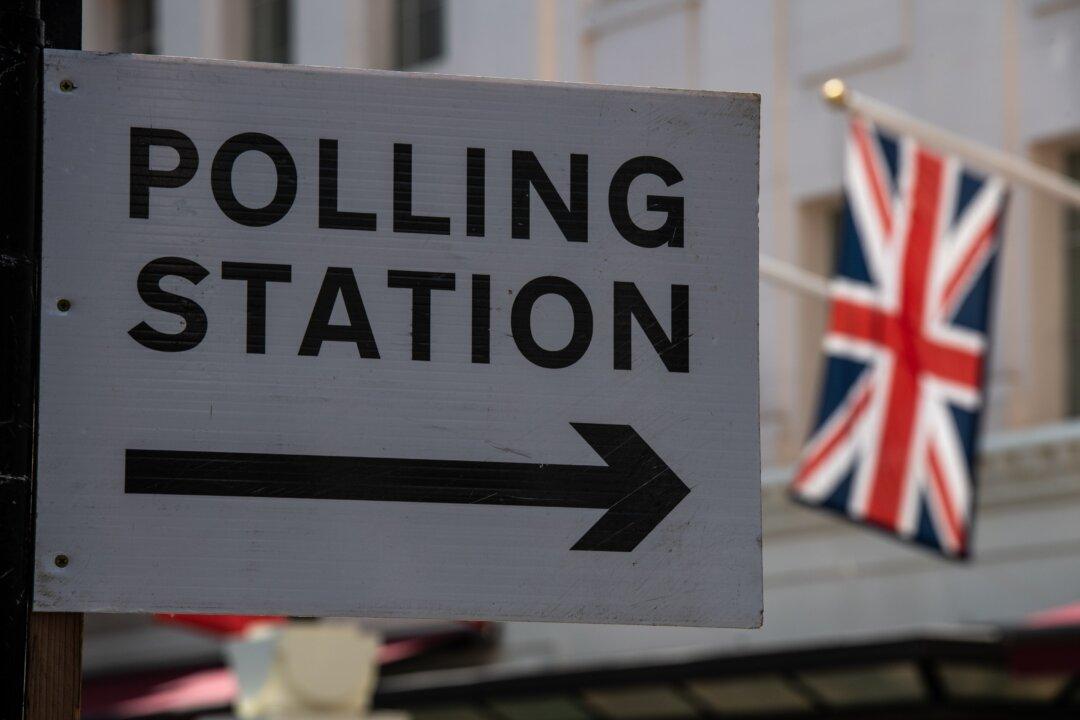The UK’s Conservative Party may be on course to lose the next general election unless it reduces the net migration number, political experts said.
Prof. Eric Kaufmann, who has authored a number of books on subjects including political and religious demography, said Brexit voters who voted for the Conservative Party in 2019 “won’t show up” in 2024 if the government “keep[s] on doing what they’re doing now.”





